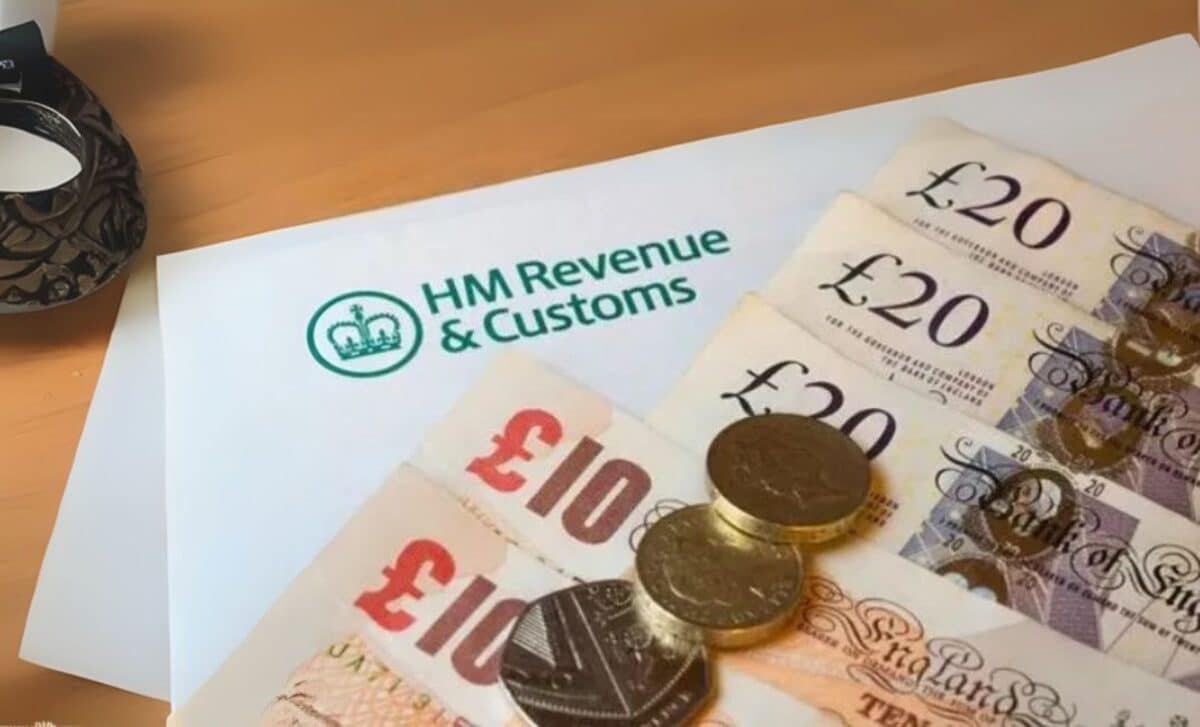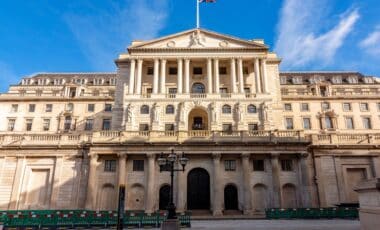HMRC has addressed growing concerns over its ability to monitor UK bank accounts, confirming that it has powers to access financial data for tax investigations. As reported by Birmingham Live, the Fraud Investigation Service at HMRC collects bulk financial data from banks and payment providers to ensure taxes are correctly paid and to identify potential fraud cases.
How HMRC Uses Bank Account Data
Under the Finance Act 2011, HMRC has the authority to request details of interest-bearing accounts, which allows it to verify tax payments on savings and investment earnings. Richard Las, Chief Investigation Officer at HMRC, clarified that while HMRC does not conduct real-time monitoring, it performs an annual review of financial data.
“It is clearly timed in such a way that it helps us understand whether the right amount of tax has been paid on interest that has been accrued,” he explained.
Which Accounts Are Under Scrutiny?
Las emphasized that the focus is primarily on high-value accounts where interest earnings could indicate underreported tax liabilities. He reassured the public that most people’s interest is quite small, but larger accounts may be flagged for further scrutiny.
“We are talking about large accounts because in most cases, people’s interest is quite small, but there will be some people who get a lot of it,” he added.
Additionally, HMRC collects merchant data from businesses to compare reported turnover with actual transactions. This includes:
- Restaurants, bars, and coffee shops
- Hairdressers and beauty salons
- High street retailers
Discrepancies between reported income and actual transaction data can trigger investigations, with HMRC using platform sales data to cross-check tax declarations.
Safeguards and Data Protection
Despite concerns over privacy, HMRC has emphasized that strict controls are in place to protect taxpayer information. Las assured the public:
“We have a huge amount of controls over how we manage that information and how we use it and protect it; they are our normal requirements as with any other taxpayer data.”
With financial fraud and tax evasion remaining key targets for government enforcement, these data-gathering methods are expected to play a crucial role in future HMRC investigations.









